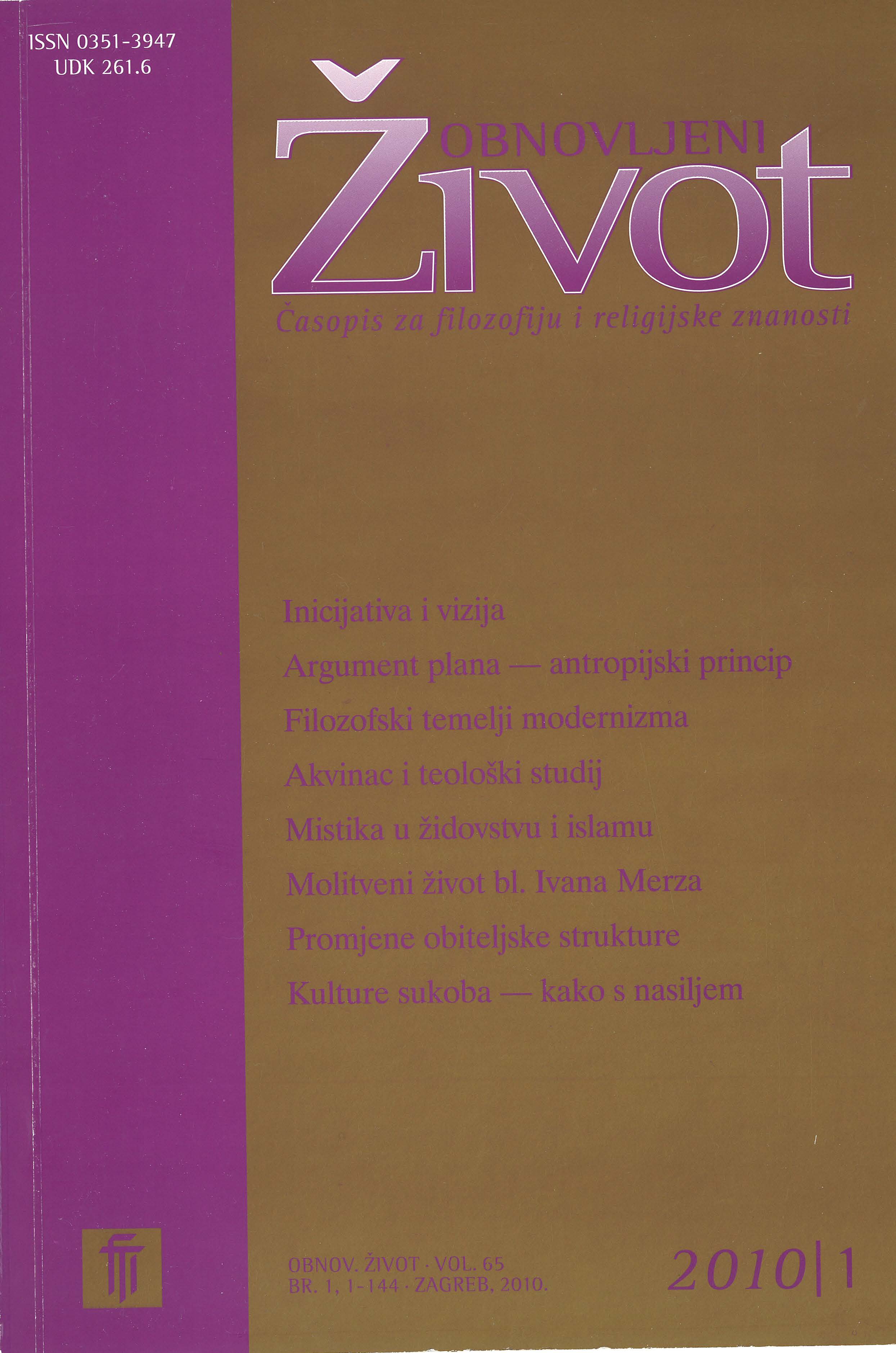The Traditional Family's Prospects or the Lack Thereof in Contemporary Society
Keywords:
family, familial organization, extended families, tradition, modernity, society, valueAbstract
The article discusses the internal and external changes in family structure brought about by social, cultural, anthropological and ideological factors. The premise that the traditional family is a value in itself is based on the positive interpretation of the concept of tradition as a means of transmitting values over time, and the concept of the family as a foremost requirement and vital tradition in every society. The author analyzes some causes contributing to the contemporary organizational transformation within the family, and emphasizes that, though a target of many anti-family agendas, the family still represents the most important value in Croatian society. The positive effects of changes brought about in the traditional family stress the important role of family upbringing in social relationships but also the importance of a private sphere for intrafamilial relationships. The negative effects of these changes, such as »extended families«, the instability of marriage, and so forth, must be corrected through new political, social and pastoral approaches to familial organization. Thus the author concludes that changes must be assessed selectively, with the goal of a contemporary renewal and improvement of traditional family structure, for the family unit still manifests itself as a fundamental and a most valued subject in society.
Downloads
Published
Issue
Section
License
Jednom prihvaćeni članak obvezuje autora da ga ne smije objaviti drugdje bez dozvole uredništva, a i tada samo uz bilješku da je objavljen prvi put u Obnovljenom životu. Uredništvo će obavijestiti autora o prihvaćanju ili neprihvaćanju članka za objavljivanje.
Članci objavljeni u časopisu se, uz prikladno navođenje izvora, smiju besplatno koristiti u obrazovne i druge nekomercijalne svrhe.


